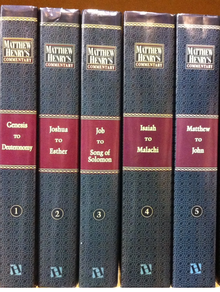Study
18 From the Book of Isaiah is: Isaiah 30:18 – 32:20
- What blessings does God promise to His people after their trials? Cf. 30:18-29; 32:1-8, 15-20. How has the promise of a Teacher been fulfilled to us in Christ? Look up Jn. 14:26; 16:13, in this connection. Are we sensitive to the promptings of the Holy Spirit (30:21)?
- Many trusted in Egypt because she seemed strong (31:1). How does Isaiah here show the folly of this, as compared with trusting the Lord?
Notes
- 30:25, 26. A poetic description of the blessings of the new age, to be interpreted symbolically as showing the abundance of God's provision. For the phrase 'when the towers fall', cf. 2:11-17.
- 30:27-33. Notice the wealth of imaginative metaphor—the storm, the flood, the bridle. The meaning of verse 32 is not fully clear. Moffatt renders 'He clubs them down to peals of merry music'. 'Topheth' (verse 33, mg.) was the name given to the valley of Hinnom outside Jerusalem, where the foul rites of human sacrifice were practiced in honour of the god Molech. Its original meaning seems to have been 'fire place', and Isaiah declares that God has prepared such a place for a great holocaust in honour of the king (of Assyria). There is a play upon words in the Hebrew, for the word for 'king' is melek (=Molech).

